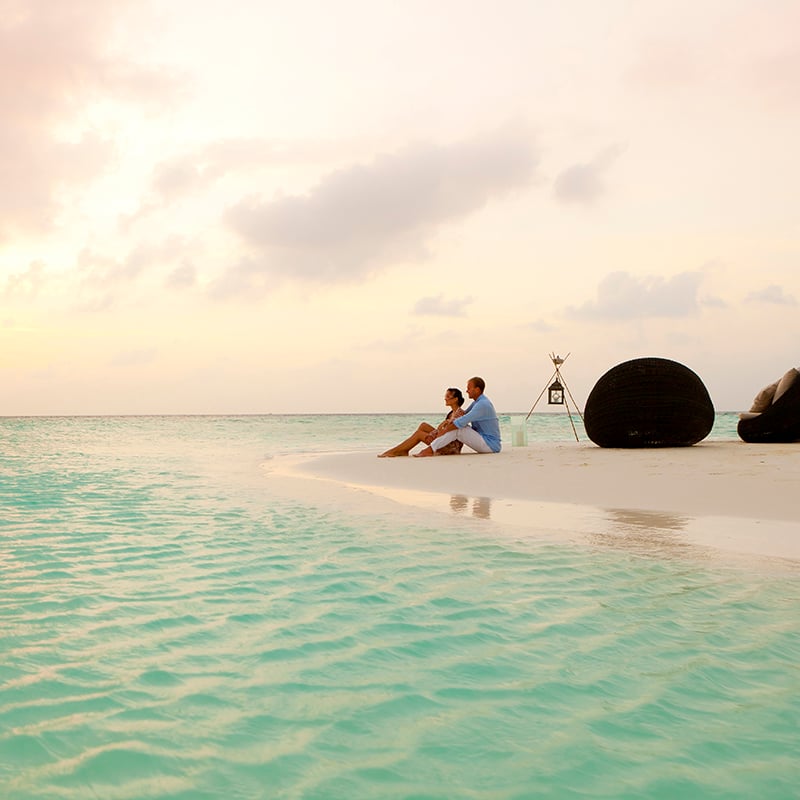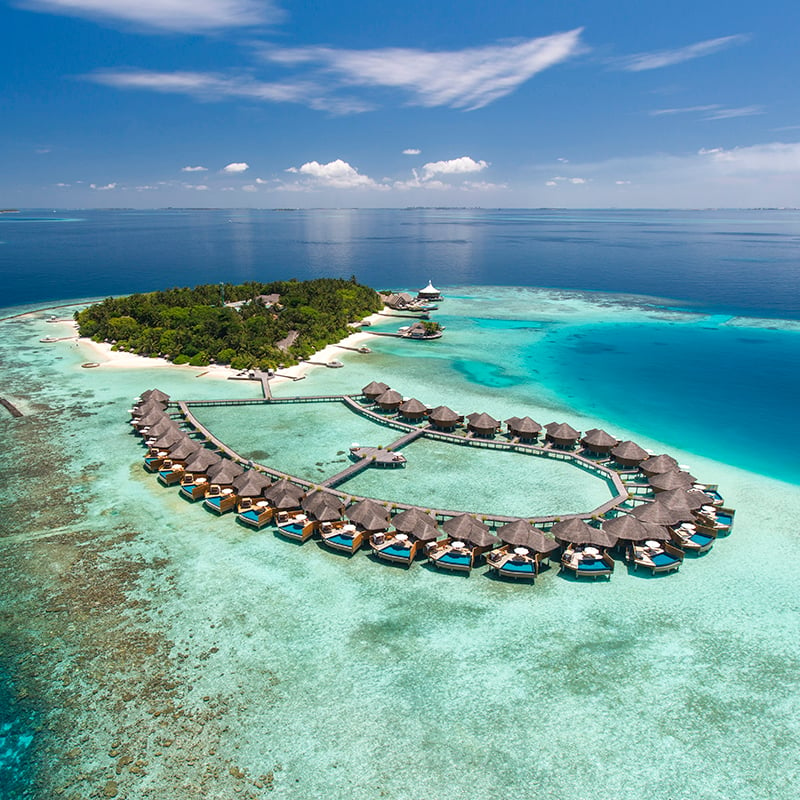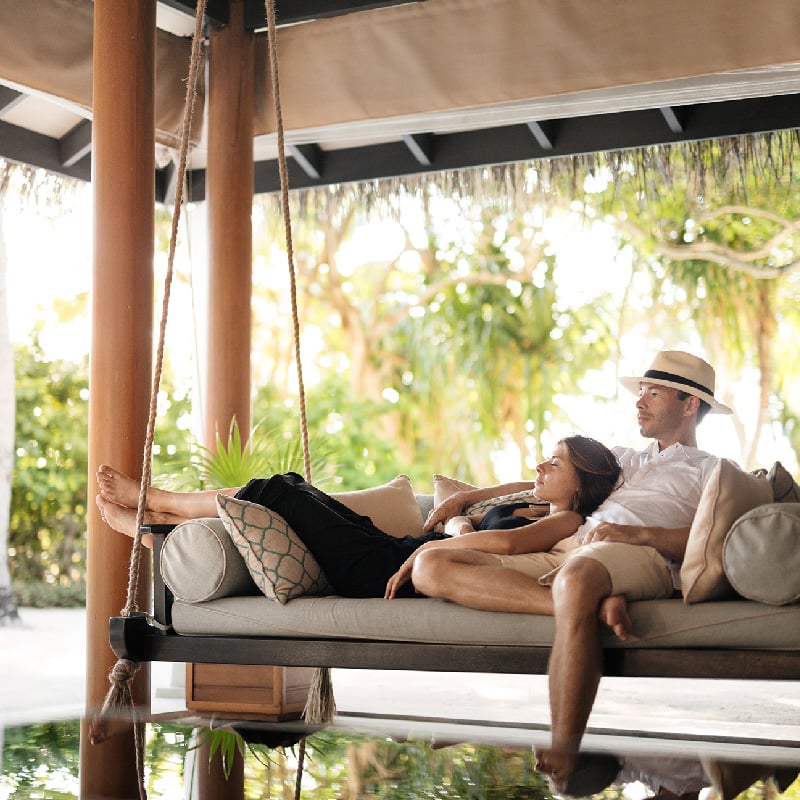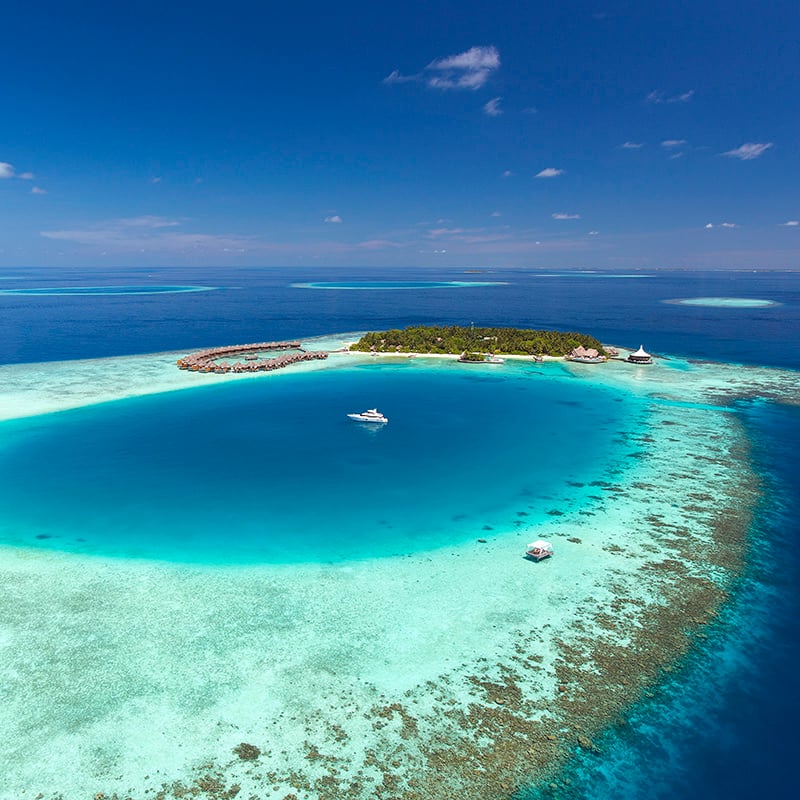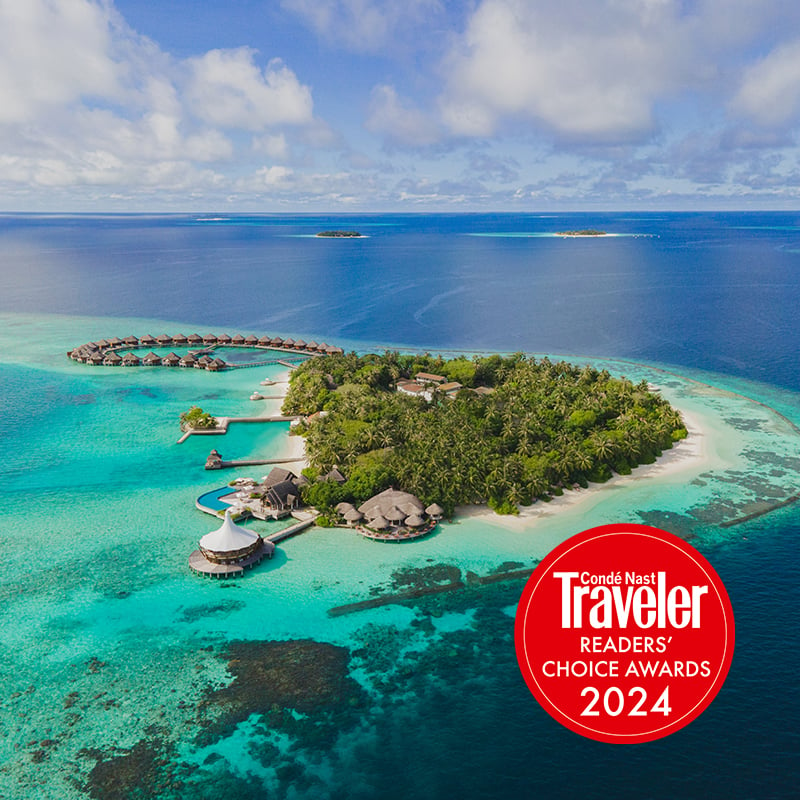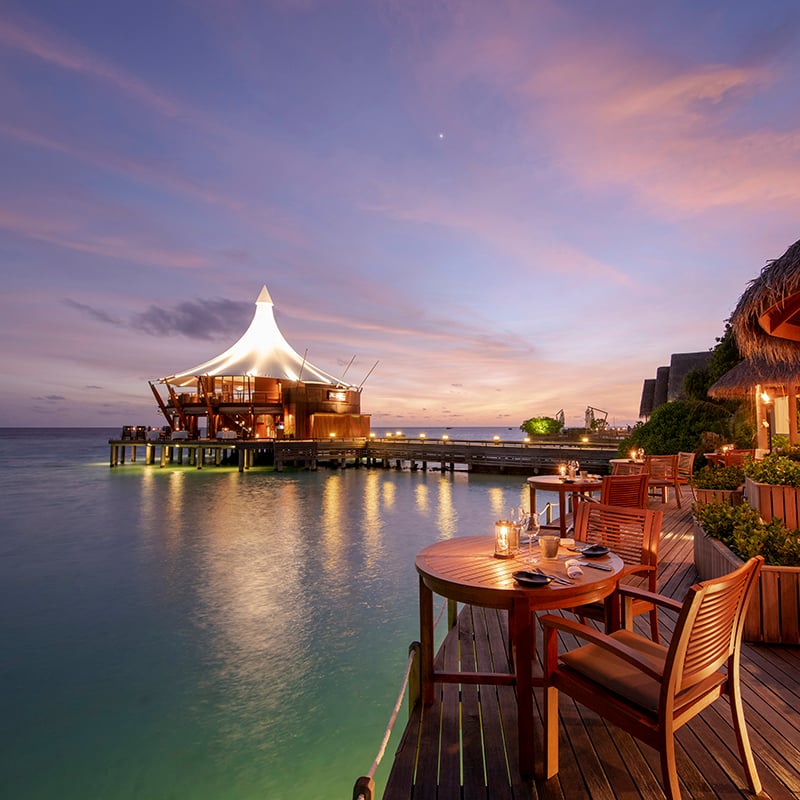Eid in the Maldives
26 June 2023 | All Blogs, Destination, Dining, Events, Experience, Villas
Eid al-Adha is an Islamic festival following the Hajj, an annual pilgrimage to the holy city of Mecca and one of the five pillars of Islam. In the Maldives, this festival has a uniquely local expression and there is no better place to spend it than at Baros Maldives.
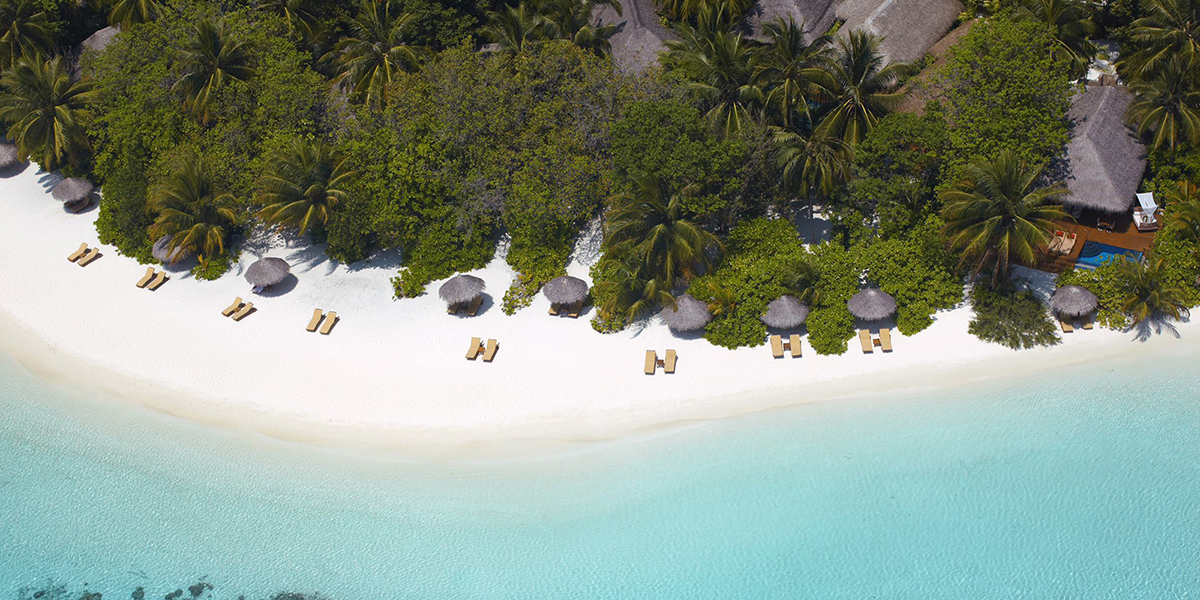
All around the world Muslims celebrate the four days of Eid al-Adha with colourful local traditions. In the Maldives, this local holiday is called Bodu Eid (big Eid) due to the Bodu mas (big fish) tradition observed in many parts of the country, mostly within local islands. Family and friends travel from far and wide to get home to enjoy this time with loved ones.

Local expressions of Eid al-Adha
Eid al-Adha, or Bodu Eid, begins with an early morning Eid prayer in congregation usually at an open ground or mosque. This is followed by the serving of Kulhi boakiba (fish cake). This fish cake is the first of many special foods served during the festival.
Each household will invite friends and family over to enjoy an abundance of specially prepared food. The culmination of these feasts is usually a Malaafaiy. This is a large, round, wooden serving dish, with a lid, that is beautifully adorned with traditional lacquer work. Inside, you will find many smaller dishes of rice, curry, salads, side dishes and bananas. The Malaafaiy is wrapped in a cloth which is tied at the top. Traditionally, this was done so that the large dish could be easily carried into the dining room and to protect the beautiful lacquer work from damage. Guests at Baros can view a magnificent example of a Malaafaiy in our Maldivian Lounge.
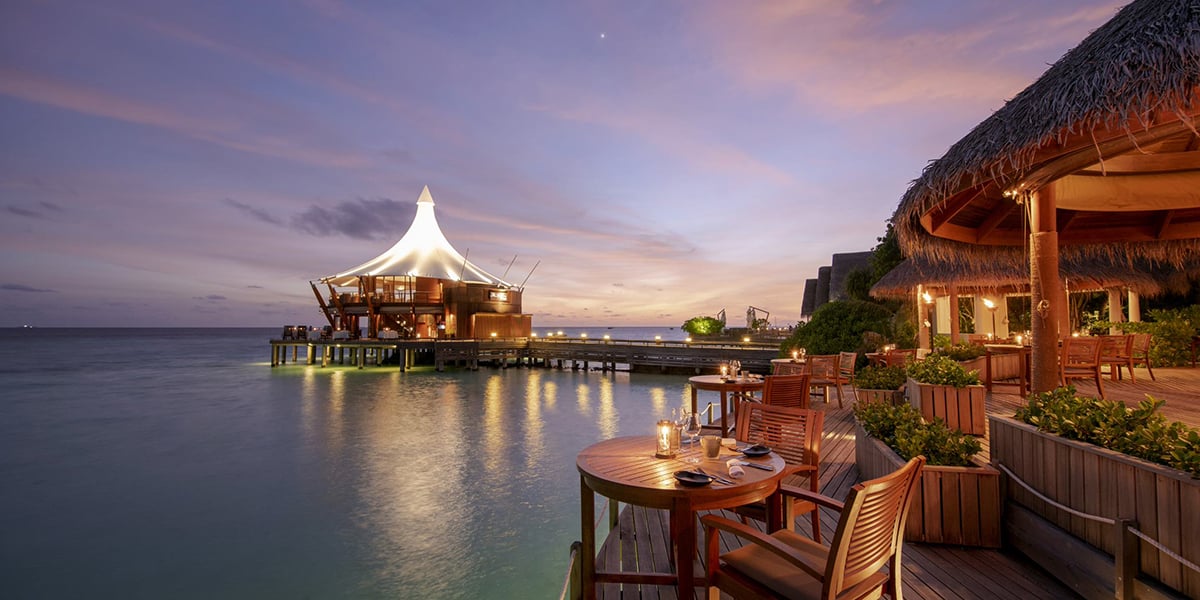
Colourful celebrations
Some other festive activities that take place during the Bodu Eid festival, include Fenkulhi, a playful activity in which people throw small packets containing water or waterbased colourful dye at each other. Many other theatrical traditional street performances and games are enjoyed during the festival, including a parade in which people paint their bodies black with charcoal to represent a Black Demon, or Dheli Maali.
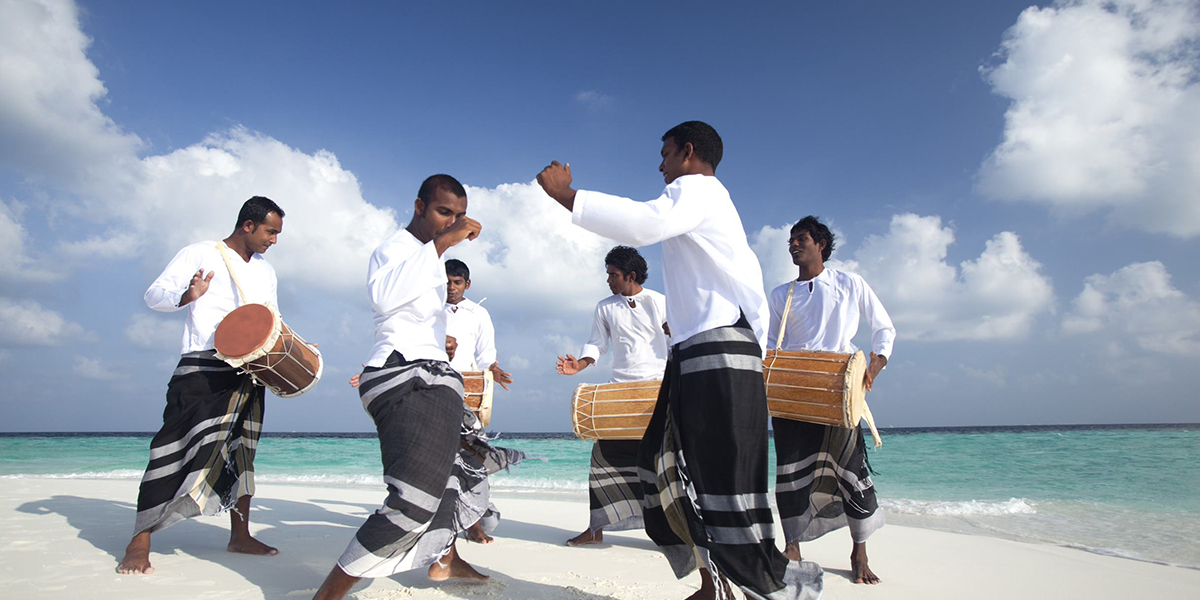
Local rhythms
Music and dance are a big part of these celebrations. Boduberu (big drums) is perhaps the most characteristic of the festival. Men in traditional wear, play drums, sing and dance.
Some other forms of music and dance include Ban’diyaa jehun, a dance carried out by women using metal pots, Dhan’di jehun, a dance using sticks and Thaara, which is performed by 22 people sat in two rows, facing each other, using tambourines.
In modern times local bands and other musical performers have also added to the merriment.
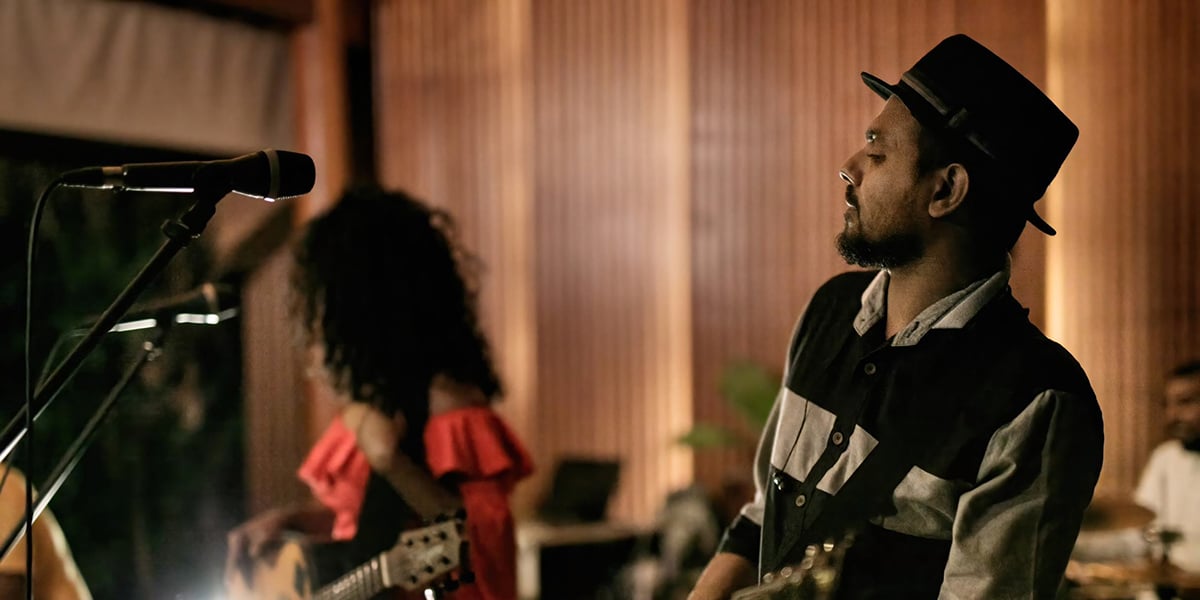
Stories passed down through time
Perhaps the most iconic moment of the festival is Bodu mas, or ‘big fish’. This is a pantomime of an ancient legend involving a giant fish that is caught, after a struggle, by local villagers with the help of a holy man. In the pageant, a large fish made out of woven coconut palm leaves is animated by men from inside the fish.
This is followed by Maali neshun, a traditional dance performed by people painted and dressed up as ghosts and evil spirits.
While customs and traditions might change, the heart of the festival has not. Bodu Eid still brings families, friends and communities together as they enjoy its many colourful, flavoursome and dramatic elements.
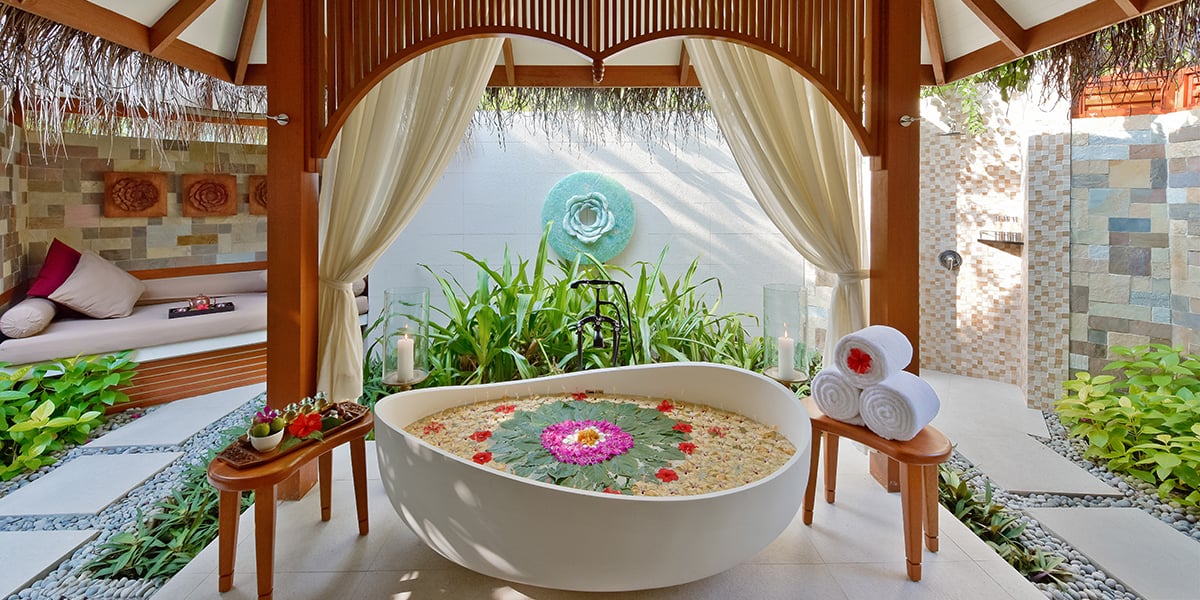
Special Eid Offer for Middle East travellers
To celebrate Eid, Baros is offering guests travelling from the Middle East a special package featuring many festive inclusions such as a welcome platter of fruits, dates and chocolates waiting for you as well as a refreshing flower bath. Our special Eid offer also includes attractive discounts on our gourmet dining experiences and serene spa treatments. Have a look at our Enchanting Eid offer.
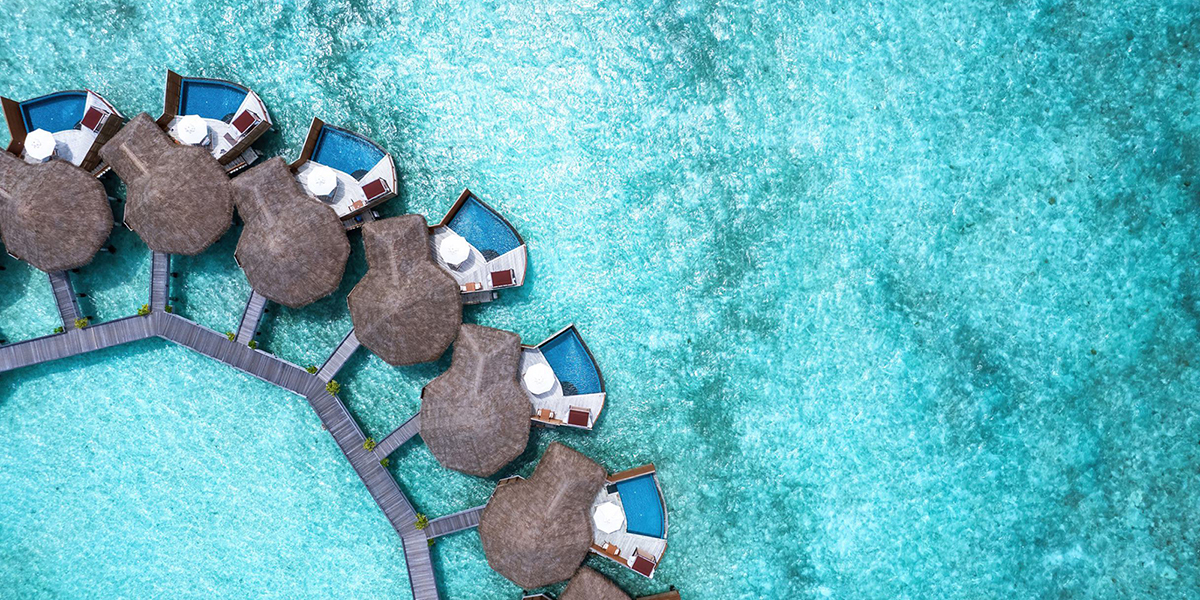
With the Maldives only a short flight from the Middle East and our island being only a short speedboat ride from Male’ airport, Baros is the perfect place to celebrate Eid in luxury. Contact our team at [email protected] or on +960 664 26 72 to book your Eid getaway.
 English
English  РУССКИЙ
РУССКИЙ  DEUTSCH
DEUTSCH  简体中文
简体中文  Spanish
Spanish 